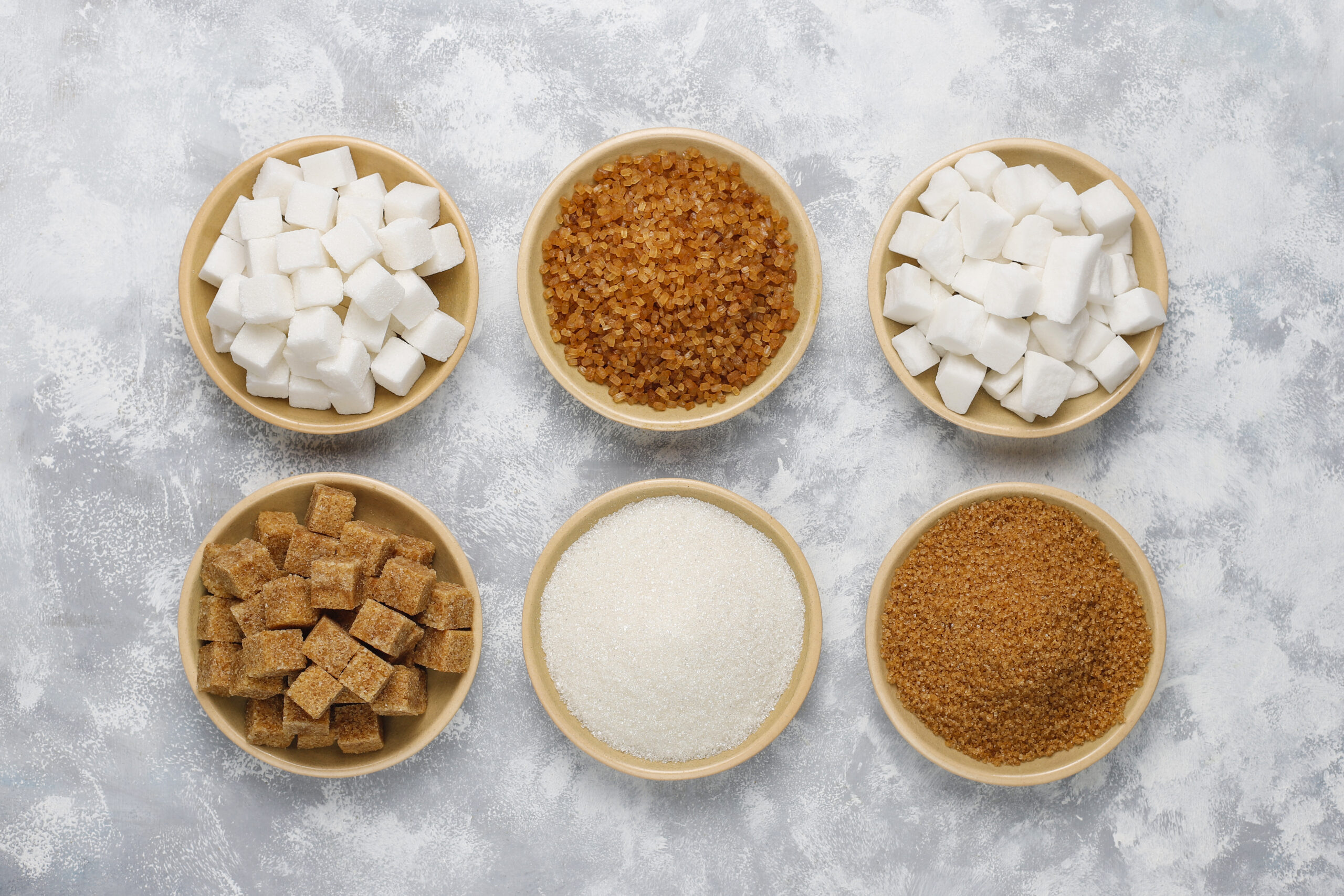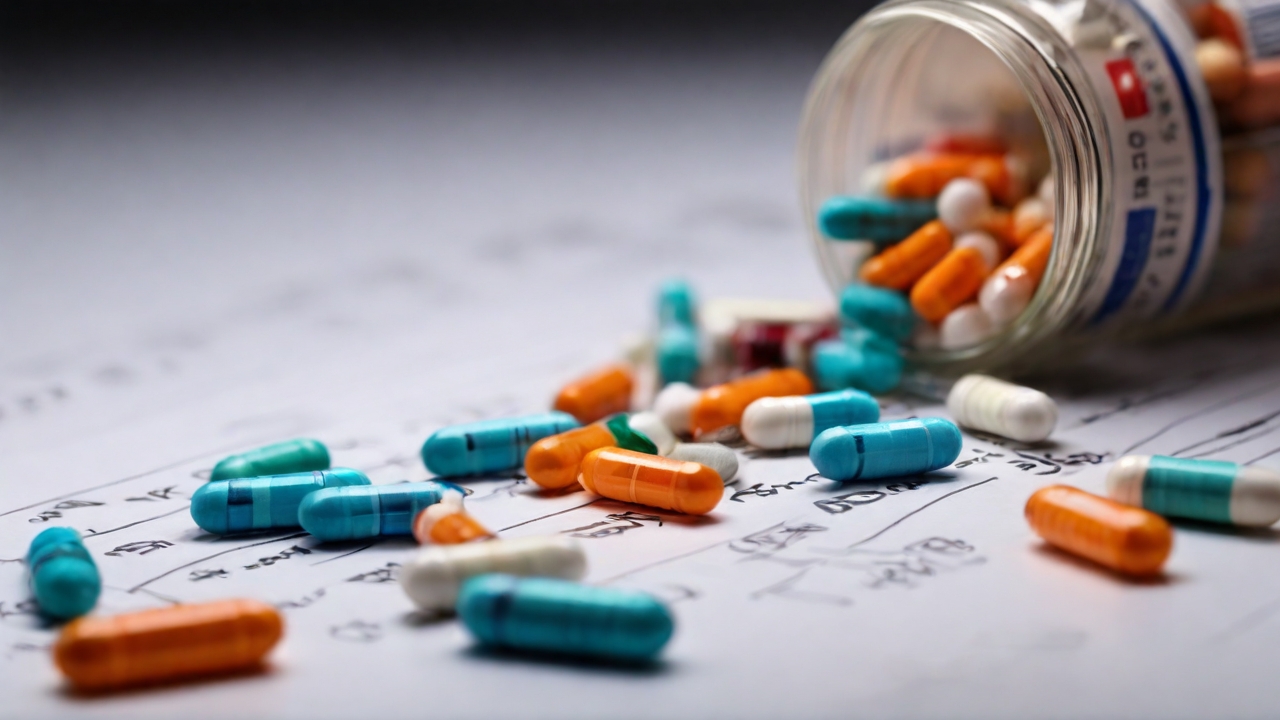In the quest for a healthier and more balanced life, managing daily sugar intake is a cornerstone for individuals living with diabetes. The journey towards understanding the nuances of sugar consumption can be challenging, yet it is an essential part of health management for diabetics. In this blog, we will explore the significance of monitoring daily sugar intake for those with diabetes, and how our cravings for sugar can profoundly affect our overall well-being. By delving into this crucial aspect of diabetes management. We aim to provide valuable insights and strategies to empower individuals. So they can make informed choices that promote better health and a higher quality of life.
Table of Contents
ToggleWhat is Daily Sugar Intake?
Daily sugar intake, in the context of diabetes management, refers to the amount of sugar that a person with diabetes consumes on a daily basis. This includes all forms of sugar, whether naturally occurring in foods like fruits or added sugars. Which can be found in processed foods and beverages. It is usually measured in grams and is an essential consideration for individuals with diabetes to help regulate their blood sugar levels and overall health. Monitoring and controlling daily sugar intake is a fundamental aspect of diabetes management to prevent spikes in blood glucose and maintain better control over the condition.
Unveiling the Impact of Excessive Sugar Intake
Excessively consuming sugar daily can have detrimental effects on our health. Primarily, it can lead to:
- Weight Gain: High sugar consumption is linked to weight gain and obesity due to its high-calorie content and its effect on appetite regulation.
- Increased Risk of Chronic Diseases: Moreover, a high intake of sugar is associated with an increased risk of chronic conditions such as type 2 diabetes, heart disease, and fatty liver disease.
- Dental Problems: Lastly, sugar significantly contributes to tooth decay and cavities.
Identifying Sources of Sugar
Understanding the sources of sugar in our diet is crucial. It can be found in:
- Added Sugars: Sweeteners added during food processing or preparation.
- Natural Sugars: Sugars are naturally present in foods like fruits and milk.
Strategies to Manage Daily Sugar Intake
A. Reading Labels: Check food labels for added sugars and remain vigilant regarding the various names under which they can be listed (e.g., sucrose, high fructose corn syrup).
B. Making Informed Choices: Opt for whole fruits over fruit juices and prioritize foods with no or low added sugars.
C. Cooking at Home: Preparing meals at home enables control over the amount of sugar in your dishes.
Tips for Embracing a Low-Sugar Lifestyle
A. Gradual Reduction: Slowly reduce your sugar intake to allow your taste buds to adjust.
B. Stay Hydrated: Drink plenty of water to reduce sugar cravings instead of sugary beverages.
C. Seek Professional Guidance: Consult a healthcare professional or nutritionist for personalized advice on managing your sugar intake.
How Much Sugar a Day Is Safe?
According to a national survey conducted in 2019, American adults consumed at least 77 milligrams of added sugar on average per day. Kids were discovered to consume an astounding 82 grams. a few things in perspective, one teaspoon is equal to four grams of sugar.

These numbers are way above the daily limits recommended by the American Heart Association (AHA):2
- Men: 36 grams (9 teaspoons or 150 calories)
- Women: 25 grams (6 teaspoons or 100 calories)
- Children ages 2 to 18: less than 24 grams (6 teaspoons or 100 calories)3
- Vos MB, Kaar JL, Welsh JA, et al. Added sugars and cardiovascular disease risk in children: a scientific statement from the American Heart Association.
- Children under age 2: No added sugars recommended.
Finding Hidden Sugar
Realizing just the amount sugar is concealed in packaged meals and beverages can often be challenging. You might not be conscious that sugar goes by different names even if you follow health regulations and carefully study food labels.
Names to look out for on the labels of foods consist of:
- High fructose corn syrup, agave nectar
- Fructose, honey, maltose
- Molasses
- rice syrup
- sucrose
Common Sources of Added Sugars
Sugar is added in copious amounts to cookies, drinks, jams, and morning cereals. However, a lot of “healthy” meals still contain sugar. They might even have more sugar in them.
Here are few instances:
- Flavored yogurt: 26 grams per 6 ounces
- Granola bars: 7 to 12 grams per 70-gram bar
- Jarred spaghetti sauce: 11 grams per half-cup
- Peanut butter: 5 grams per tablespoon
- Protein bars: 23 to 30 grams per 80-gram bar
- Russian salad dressing: 3 grams per tablespoon
- Sweetened apple juice: 39 grams per 12 ounces
- Vanilla almond milk: 14 grams per cup
Conclusion
For individuals living with diabetes. Actively comprehending and managing their daily sugar intake becomes a fundamental step towards a healthier life. It’s crucial to maintain mindfulness regarding the sugar content in the foods you consume. To make informed choices that align with your health-conscious goals. By doing so, you empower yourself to take charge of your well-being. Effectively manage your diabetes, ultimately leading to a higher quality of life and improved overall health.
FAQS ABOUT DAILY SUGAR INTAKE FOR DIABETES
Q: What is the recommended daily sugar intake for individuals with diabetes?
The American Diabetes Association suggests aiming for a daily sugar intake of around 25 grams or less for better blood sugar control.
Q: Can people with diabetes consume any type of sugar?
If you have diabetes, you don’t need to eliminate sugar from your diet. Furthermore, although the precise origin of type 1 diabetes is unknown, lifestyle factors are not connected to the disease, meaning that sugar does not directly cause it. It’s not quite clear if sugar directly contributes to type 2 diabetes.
Q: How does sugar affect blood glucose levels in diabetes?
Foods containing added sugars do not affect blood glucose levels any differently from those that do not. Fruit and fruit juices’ natural sugars boost blood sugar levels less than most refined starch-carbohydrate diets and about as much as sucrose does. It is unknown how much sugar is ideal to consume.
Q: Are sugar substitutes a safe option for people with diabetes?
If you have diabetes, you can take most sugar alternatives, such as saccharin (Sweet ‘N Low). NutraSweet aspartame potassium acesulfame (Sunett)
Q: Should individuals with diabetes avoid all fruits due to natural sugars?
Fruits contain natural sugars along with essential nutrients. Moderation and choosing whole fruits rather than fruit juices can be part of a balanced diabetic diet.
Q: How can I calculate the total sugar content in my meals?
- Amount of sugar stated on the label per 100 g/ml x product weight (or volume) / 100 = amount of sugar in the product.
- Example:
- Sweetened carbonated beverage 10 g sugar per 100 ml A can contains 250 ml.
- 10 x 250/100 = 25 (this is the amount of sugar per can in grams)
Q: Can I consume desserts if I have diabetes?
If you have diabetes, you can take most sugar alternatives, such as saccharin (Sweet’N Low). NutraSweet aspartame potassium acesulfame (Sunett)
Q: What are the health risks of excessive sugar intake for people with diabetes?
Excessive sugar consumption can lead to weight gain, insulin resistance, and complications in managing blood sugar levels, increasing the risk of cardiovascular issues.
Q: How can I manage sugar cravings with diabetes?
Opt for healthier alternatives like fruits, nuts, or dark chocolate with higher cocoa content. Planning well-balanced meals and staying hydrated can also help control cravings.
Q: Are there specific dietary guidelines for sugar intake for different types of diabetes?
While there are general guidelines, individualized meal plans based on factors like type of diabetes, medications, and lifestyle are recommended. Consultation with a healthcare professional or a registered dietitian is advised.
Neha Pant








This Post Has One Comment
Pingback: Breaking Sugar Addiction | Keto Diet Plan For Type 2 Diabetes!